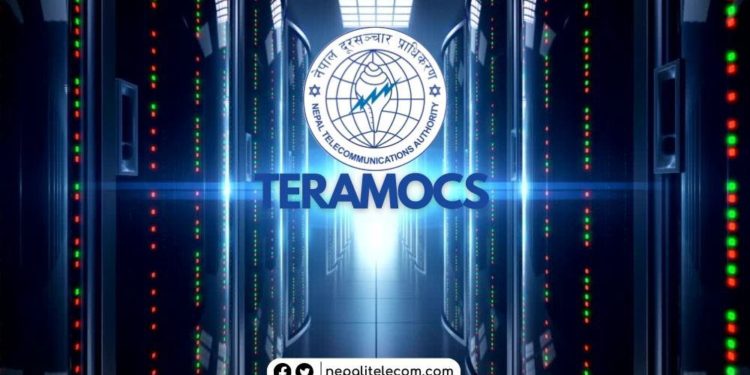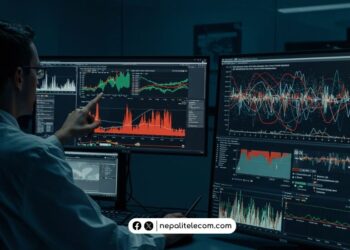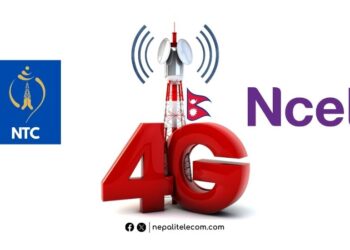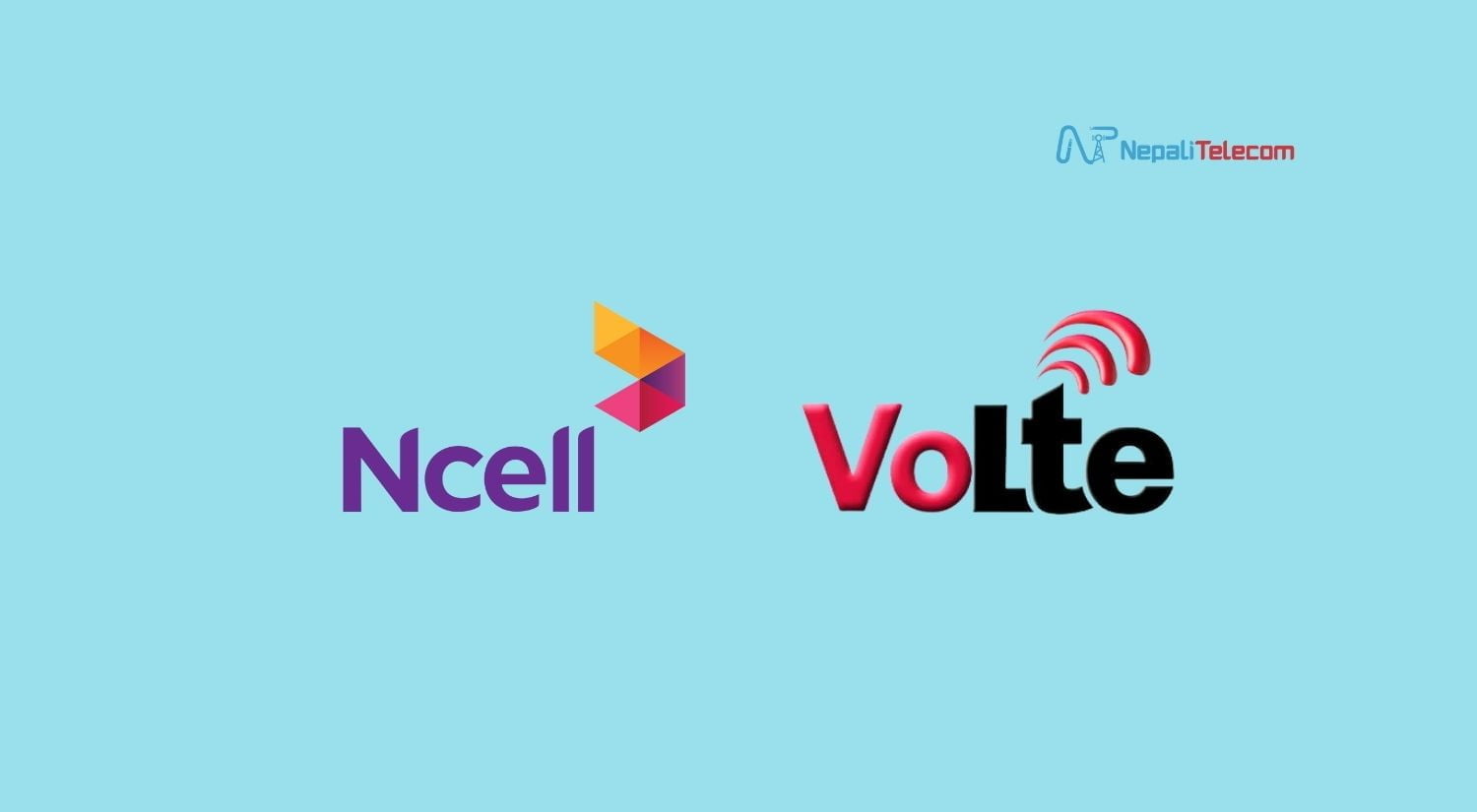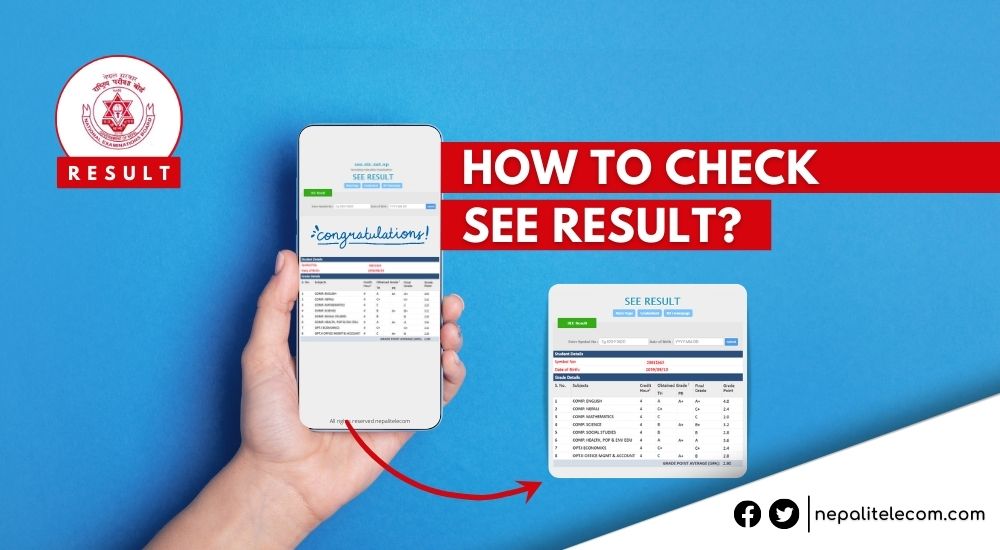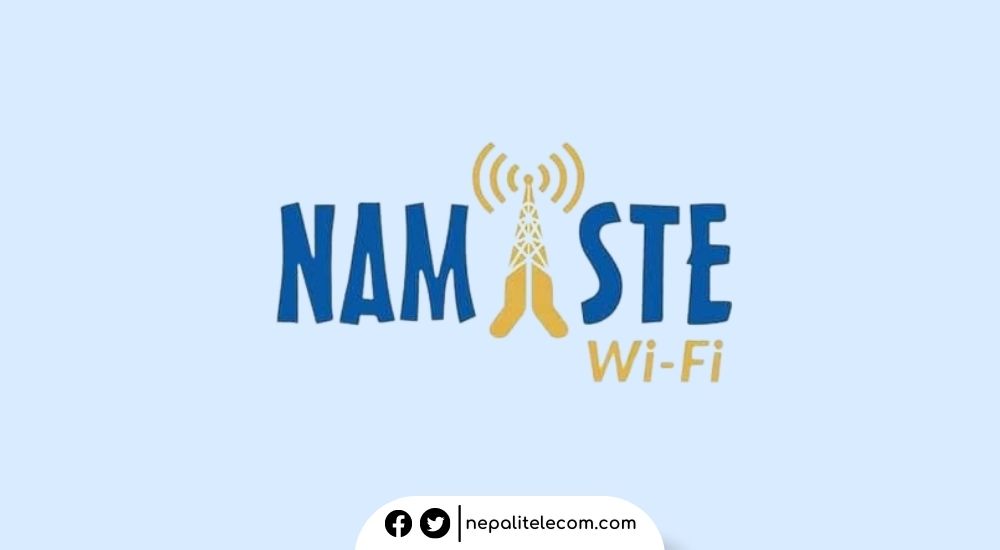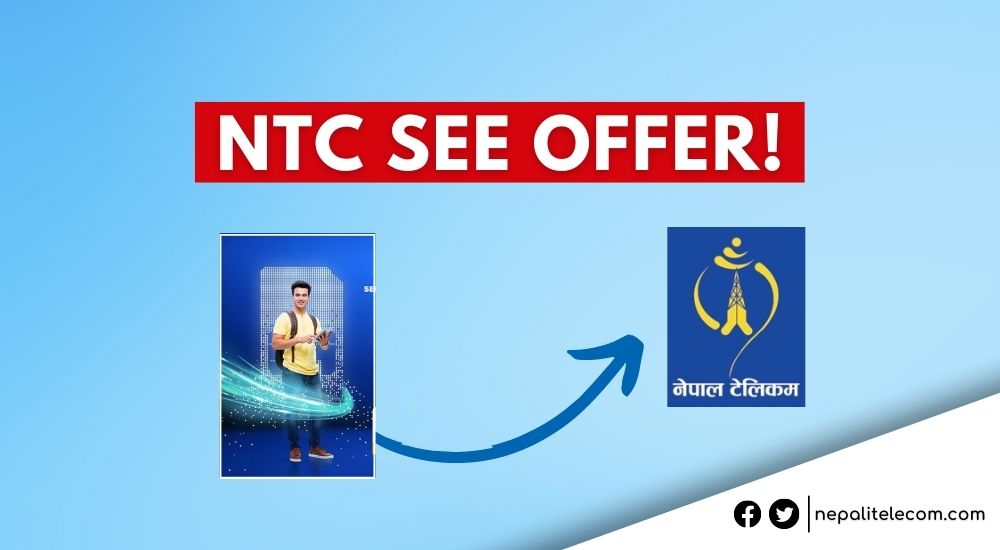The Public Account Committee (PAC) under the House of Representatives (HoR) has directed the Commission for the Investigation of Abuse of Authority (CIAA) also called Akhtiyar Durupayog Anusandhan Aayog to investigate the possible irregularities in the TERAMOCS procurement process.
Short for Telecommunication Traffic Monitoring And Fraud Control System, the purchase of NTA’s TERAMOCS system had been drawing the attention of the government for a long. Today (Wednesday, December 26), a meeting of the PAC concluded that there were suspicious areas that required a closer look into. Now, the government agency CIAA or Akhtiyar will start its official probe into the controversial TERAMOCS infrastructure purchase. It was decided after a multilateral discussion with officials from Nepal Telecommunications Authority (NTA) and Nepal Telecom (NTC).
CIAA to conduct investigation into the “controversial” purchase of TERAMOCS.
Don’t miss: After Telcos, NTA Plans to Implement TERAMOCS on ISPs
PAC raises 15 questions on TERAMOCS system purchase
The PAC Committee has asked 15 questions on the purchase of TERAMOCS. Likewise, it has directed CIAA to investigate the matter thoroughly and submit a progress report in 30 days. These are the questions the committee pointed at NTA on the process for the TERAMOCS system purchase:
- A study proposal and policy decision don’t seem to have been made for the purchase of TERAMOCS. The original contract documents were not provided to the Public Account Committee.
- The payment seems to have used the Rural Telecommunication Development Fund. Is it legitimate by principle or not? Through which methods, did this supplementary budget get the approval? Who (the officials) had involvement in this process? These details haven’t been known.
- There is no mention of the basis for the revenue growth. How does an institution make a profit? There is no clarity on a situation where the importer has to pay some part of the customs fees.
- Telecom companies already have such technology in use. So, there is no clear justification regarding the implementation of TERAMOCS by the regulator.
- There is no mention of how this technology can help minimize revenue leakage.
- NTA Board couldn’t follow the directive order of the Supreme Court (SC). The board did not appear to have taken any decision on whether to review the order or not.
- NTA didn’t mention the role of a regulatory body in breaching the privacy of the citizen or investigating a crime.
- It appears that Sainath Naidu was appointed as the document preparation expert in the contract process. Later, the same person appears to be a representative of Switzerland’s SGA Holding and AG. The conditions seem to have been adjusted frequently during the tender process. It has been seen that the members of the then minister’s secretariat are in the market management of TERAMOCS technology. The experts who make the cost base (specification) are involved with the suppliers. The cost estimate seems very high without any justification. In Algeria and Iraq, the same company seems to provide the same technology at a low price. Compared to that why the process was carried out without analyzing the market does not seem to be mentioned.
- After the authority’s letter, it seems that the authority canceled the contract management. However, after the judgment of the Supreme Court, it seems that the contract was arranged for without any assessment.
- The contract management comprised 6 operators and seven gateway anti-front system data capture. However, the deal seems to have limited the application to two operators. And still, there was no change in the price for the system’s procurement.
- The system appears to be software and payments are needed to be made in local currency. The possibility of tax evasion can be anticipated when payment for software is made in local currency. But the agreement seems to be done in dollars. While exchanging local currency with dollars, the change in time and market price of the currency seems to have caused a loss of Rs 50 crore.
- The address of the Lebanese company is mentioned to be in Cyprus. However, it seems that some payments were made in Dubai. Full documentation of where and how much the outstanding payment was made is not visible.
- E-bidding is mandatory in the contract process but is missing in this process.
- The Tribhuvan Airport’s Customs Office had written to Revenue Investigation and Asset Laundering, raising questions about the imported goods. The goods belong to the respective company. However, it can be questioned why the authority was active in the customs clearance.
- To make foreign payments, the approval of the Nepal Rastra Bank (NRB) must be obtained. But, the payment made by Nabil Bank is not approved by NRB.
PAC Chairman Rishikesh Pokharel said that instructions have been given to investigate the matter and prosecute anyone as per the law if irregularities are found. The committee feels that there are suspicious elements in the process involving the purchase of the TERAMOCS system constituting financial irregularities.
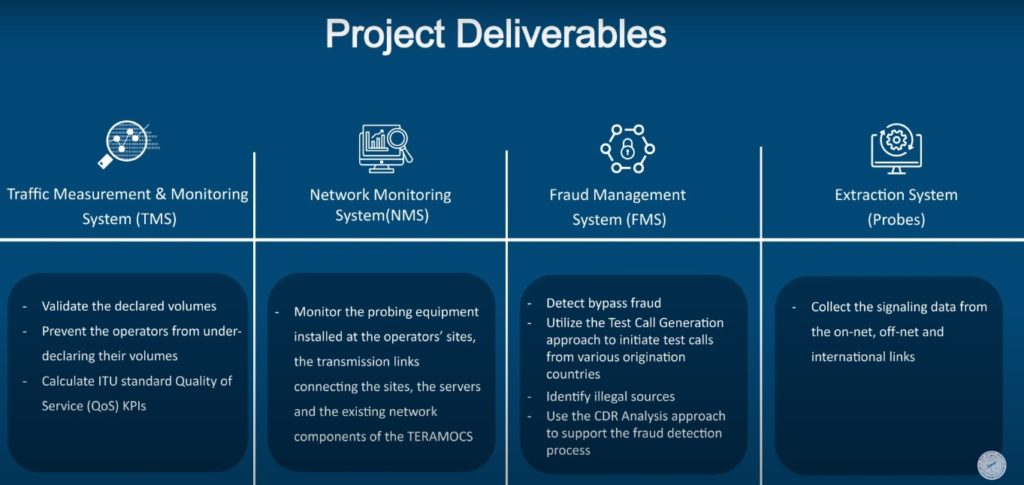
TERAMOCS implementation is in serious jeopardy!
The investigation into TERAMOCS has further raised doubts about its implementation. NTA brought the system to improve and maintain telecom services in Nepal. But unsubstantiated claims of its use for phone tapping have triggered the industry, experts, and the public. Even Nepal Telecom (NTC) and Ncell have openly expressed their hesitancy in coming to terms with NTA for its integration.
Check out:
- Reasons Nepal Telecom is Hesitant for TERAMOCS Implementation
- Ncell refutes misleading news about sharing user data, studying TERAMOCS integration
Both companies have maintained that they will move ahead cautiously after constructive discussions with the authority.
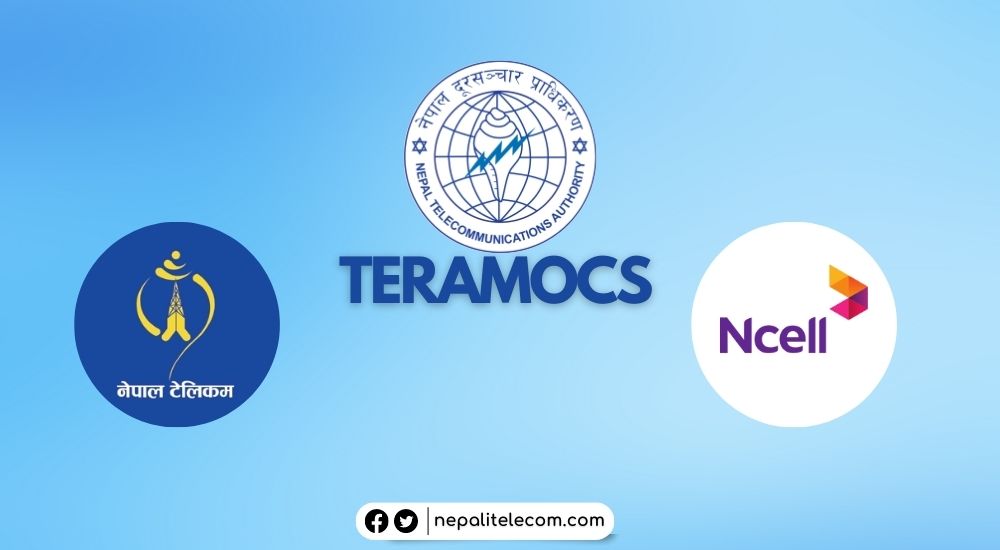
To speak of the animosity, PM Pushpa Kamal Dahal “Prachanda” has said that the monitoring system won’t come into operation. We all know his directive led to a lengthy postponement of MDMS before its full launch. Now, PAC’s decision to conduct a detailed investigation into TERAMOCS purchase will cast serious doubt on whether it will even come into operation at all.
PAC’s decision to have CIAA investigate “TERAMOCS purchase” could only mean the further delay and a serious question over its implementation in the future.
NTA had bought TERAMOCS for around Rs 3.20 billion but due to the controversies, it has remained without function. With the latest development, it’s hard to say if it will ever come into use in Nepal.


